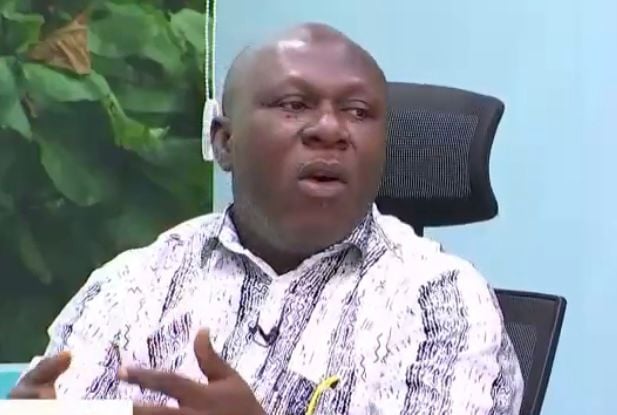The controversy surrounding the Ablekuma North parliamentary election results has intensified, with the Managing Editor of the Newscenta newspaper, Elvis Darko, vehemently criticizing the Electoral Commission’s (EC) plan to hold a re-run in 19 polling stations. Darko contends that the EC’s decision disregards a January High Court order mandating the Commission to collate and declare the existing results, rather than conduct fresh elections. He argues that the EC’s defiance of the court order constitutes contempt of court and has called for sanctions against the EC Chairperson, Jean Mensa, and her two deputies.
Darko emphasized the importance of upholding the rule of law and respecting judicial decisions. He maintains that the EC’s responsibility is to adhere to the court’s directive and declare the election results based on the existing votes. Any party dissatisfied with the declared outcome should then seek legal recourse through the courts, presenting evidence to support their claims. This process, according to Darko, ensures the proper functioning of the legal system and maintains the integrity of the electoral process. He stressed that the EC’s current actions are not only legally questionable but also set a dangerous precedent for public officials to disregard court orders.
The crux of Darko’s argument hinges on the principle of respecting judicial authority. He argues that the EC’s disregard for the court order undermines the judiciary’s role and erodes public trust in the legal system. By opting for a re-run, the EC is effectively side-stepping the due process outlined by the court and potentially disenfranchising voters whose ballots were cast in the initial election. Darko believes this approach sets a perilous precedent, signaling that public officials can choose which court orders to follow and which to ignore, thereby weakening the authority of the judiciary.
Furthermore, Darko asserts that holding individuals accountable for their actions, especially those in positions of public trust, is essential for maintaining law and order. He suggests that the EC Chairperson and her deputies should face consequences for their alleged contempt of court, proposing a three-day prison sentence as a potential deterrent. This, in his view, would send a strong message that disregarding court orders will not be tolerated and would encourage future adherence to judicial directives. He contends that without such accountability, public officials might feel emboldened to flout legal processes, thereby undermining the integrity of the institutions they represent.
Darko’s strong stance underscores the potential for electoral disputes to escalate into broader legal and constitutional challenges. The Ablekuma North case highlights the delicate balance between the powers of different state institutions – the judiciary and the electoral body – and the importance of clear legal frameworks to resolve conflicts. The situation also emphasizes the need for transparency and accountability within the electoral process, especially given the sensitive nature of democratic elections and their role in determining political representation.
Ultimately, Darko’s call for action against the EC reflects a wider concern about maintaining the rule of law and ensuring that public institutions act within their legal mandates. He believes that the EC’s decision to hold a re-run in Ablekuma North, despite a High Court order to the contrary, sets a dangerous precedent that could have far-reaching implications for the integrity of Ghana’s electoral processes and the respect for judicial authority. The controversy continues to highlight the importance of resolving electoral disputes through legal channels and upholding the principles of due process and accountability.


